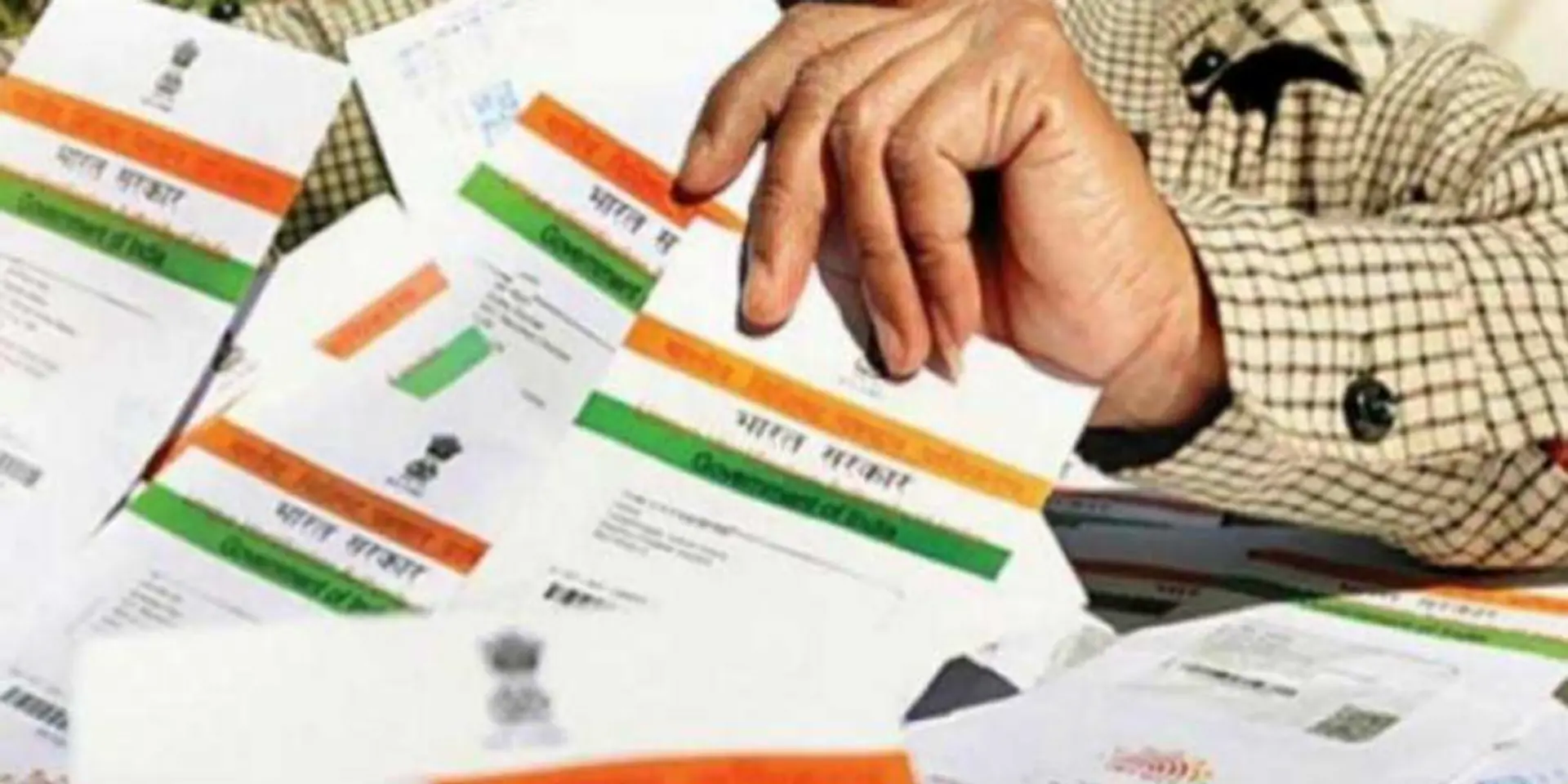HC asks UIDAI to provide, under RTI Act, copy of agreements with external organisations for handling grievances
The petitioner had filed an RTI application seeking several details regarding the redress of grievances by the UIDAI which was denied to him.
The Delhi High Court has asked the Unique Identification Authority of India (UIDAI) to provide, under the RTI Act, a copy of its agreements with external organisations for handling grievances on its behalf.
The high court said the agreements can be provided by UIDAI under the Right to Information (RTI) Act excepting the non-disclosure agreements entered into with the personnel and the details of individuals who will be covered under the agreement.
"The confidentiality is to be maintained by the agencies only for the purpose of ensuring that the details of the individuals are not revealed to a third party. The entire contract need not be kept a secret and there is nothing inappropriate in disclosing of the agreements more so when the recent trend is to encourage public participation in such ventures," Justice Subramonium Prasad said.
The high court said transparency forms the core of good governance and promotes efficiency and effectiveness in the functioning of the government.
"The abovesaid details can be redacted from the agreement and the copies of the agreement, after redacting such portions, can be provided to the Petitioner. In view of the above, the impugned order (of CIC) stands modified accordingly," it said.
The high court passed the order on a plea by lawyer Prashant Reddy T challenging an order passed by the Central Information Commission (CIC) to the extent that it has denied the access to the copy of agreements entered into by UIDAI with external organisations for handling grievances on its behalf.
"This court is of the opinion that all the agreements entered into between the UIDAI and the external organisations which were engaged in handling grievance redressal mechanism of the UIDAI can be provided excepting the non-disclosure agreements entered into with the personnel and also the details of individuals who will be covered under the agreement," the high court said.
The petitioner had filed an RTI application seeking several details regarding the redress of grievances by the UIDAI which was denied to him.
The CIC ordered the Central Public Information Officer of UIDAI to disclose the figures of the staff handling the grievance redress work and the number of complaints that have been disposed of.
The high court said it does not see any reason as to why the contracts entered into between UIDAI and the third party cannot be given under the Right to Information Act, 2005.
The contracts have been entered into pursuant to the tenders and, therefore, it is necessary that there is complete transparency regarding the way these contracts are awarded, it said.
The court said the petitioner has not sought details of the individuals which the external organisation would be handling.
"The contract entered into by the UIDAI with an external organisation shall also, therefore, be considered as information' which will come within the ambit of RTI Act.
"The contract which has been entered into by the UIDAI with an external organisation for the purpose of handling grievance redressal on its behalf is, therefore, information which can be, and should be, provided under the RTI Act, as long as this information does not fall under any of the exceptions given in Section 8 of the RTI Act," it said.








